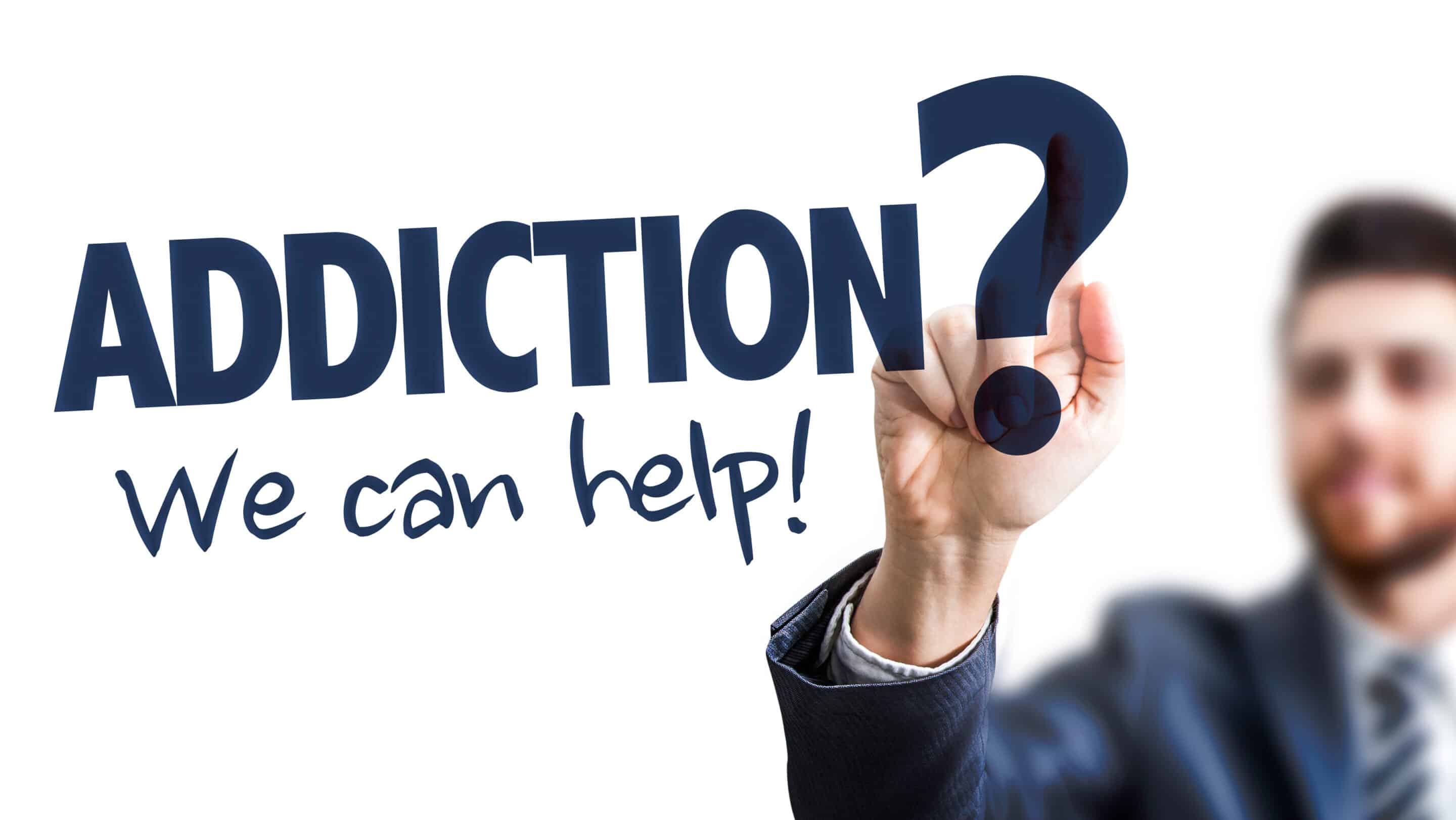Thousands of people in the U.S. seek treatment for drug or alcohol dependence, also called Substance Abuse Disorder (SAD). If you’re struggling with addiction to drugs or alcohol, you may be overwhelmed by the different treatment options available, from inpatient treatment in a secure facility with medically supervised physical detox to 12-Step meetings like Alcoholics Anonymous or Narcotics Anonymous. One common form of treatment is IOP or Intensive Outpatient Treatment. But what is it? Is IOP right for you?
What is IOP?
IOP meaning is Intensive Outpatient Programs, which is a form of therapy used to treat addiction, as well as other mental health conditions, like depression or eating disorders, that doesn’t require a physical, medically supervised detox process first, or 24-7 supervision like an inpatient treatment center provides. Participants in IOP live in their homes and continue their daily lives, including work, school, or family responsibilities.
Sometimes, people level down from inpatient treatment into IOP as a way to gradually adapt back into the “real world” after achieving sobriety. IOP provides participants accountability and support mechanisms, relapse prevention strategies, and a supportive group environment. According to the American Society of Addiction Medicine, IOP is a Level 2 stage of addiction treatment falling in the middle between early intervention and medically managed inpatient treatment and detox.
What to Expect From IOP Therapy
Most Intensive Outpatient Therapy programs consist of thrice-weekly sessions for an average of to four months. Each session typically lasts about three hours and is held on-site at a therapy center. Some IOP programs may allow virtual participation, although many people benefit more from participating in person, allowing them to connect better with their fellow participants and their therapist.
IOP programs give you different assignments and work to complete outside of the therapy session to encourage you to use the coping skills you’re learning. You may share your insights with your group or may be asked to share your work with your therapist.
Benefits of IOP
The main benefit of IOP for many people is that they are able to stay at home and maintain their family responsibilities and work commitments. The other benefit of IOP is that, since it meets several times per week, it provides a safety net of accountability for many people who may need a higher level of intervention and support than a weekly therapy session.
What Happens After IOP is Completed?
When your IOP therapist determines that you’ve successfully completed your IOP program, they may recommend one of several follow-up steps to support you and help you maintain sobriety. These can include:
- Referral to a weekly individual therapy session at your treatment center
- Referral to a group therapy session once per week
- Encouragement to participate in a 12-Step program of your choice, like AA, NA, SMART Recovery, or Celebrate Recovery
- Behavioral therapy like Cognitive Behavioral Therapy (CBT) or Dialectical Behavioral Therapy(DBT)
Each person’s journey is different, but your IOP therapist will consider your needs and help you with a suitable follow-up plan.
Are You Considering IOP For Your Drug or Alcohol Addiction?
If you think IOP is the appropriate method of treatment for you, we can help. Hickory Treatment Centers offers IOP therapy, in addition to other services like family therapy, to help you rebuild relationships. Contact us today for a confidential assessment of your needs. We’re here for you.


